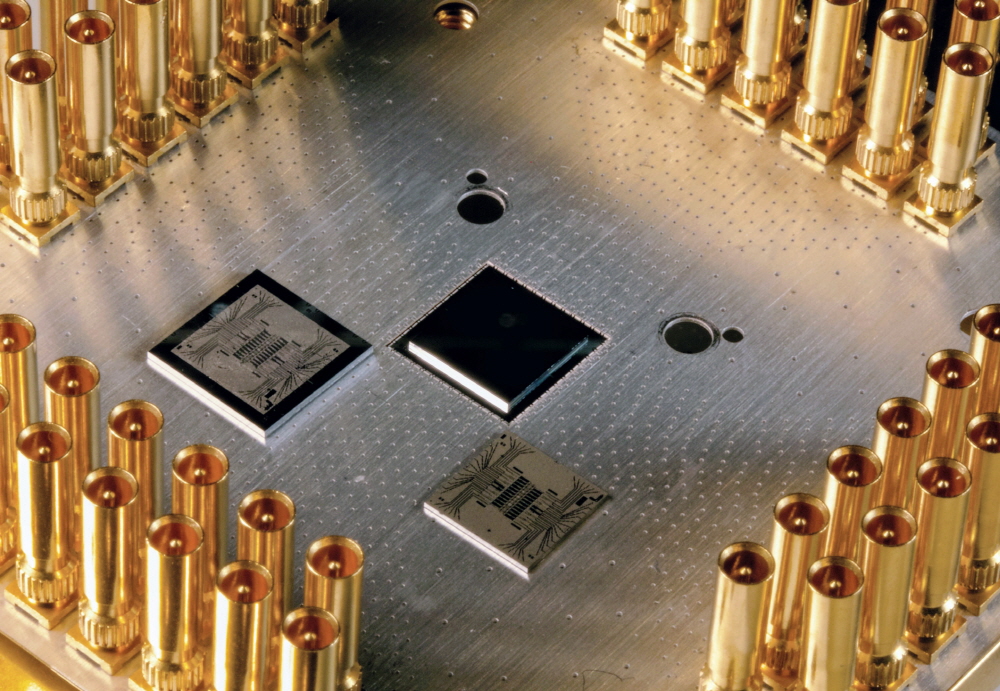
The head of QuAIL, a joint research facility between NASA and Google, announced a prediction about the evolution of the processing power of quantum computers. Are collecting.
Quantum computers are new computers that are expected to explosively accelerate the speed of research in the field by possessing specialized capabilities for specific scientific research such as drug and material development, not for general use.
Moore’s Law predicts that the number of transistors in a semiconductor integrated circuit doubles every two years. From 1965 to 2015, when Moore’s Law was published, it accurately predicted the development of integrated circuits. However, it is not suitable for quantum computers that operate on a completely different principle than ordinary computers. There were many unclear things, including whether quantum computers were really progressing. In this regard, Director Neben, a pioneer in the field of quantum computers, announced the prediction of quantum computer technology development.
This means that the speed of quantum computer processors will double exponentially. The index increases to 2 (2¹), 4 (2²), 8 (2³), and 16 (2⁴), while the double index is significantly different from 4,16,256,65536.
The recent development of quantum computers is mainly due to the continuing decrease in the error rate of circuits used in quantum computers. This particular growth rate is derived from the results of the research institute’s project. Of course, it is still unknown whether Neben’s Law will hold. Quantum computers are still a field of research and development, and as quantum processors become more high-performance, there is a concern that the effects of small errors such as electrical noise in the system may increase.
In this regard, experts argue that over the 50 years from 1965 to 2015, the processing power of integrated circuits continued to grow almost according to Moore’s Law. It can be an indicator of the future of computers, but at this stage it is unknown. Related information can be found here .


















Add comment